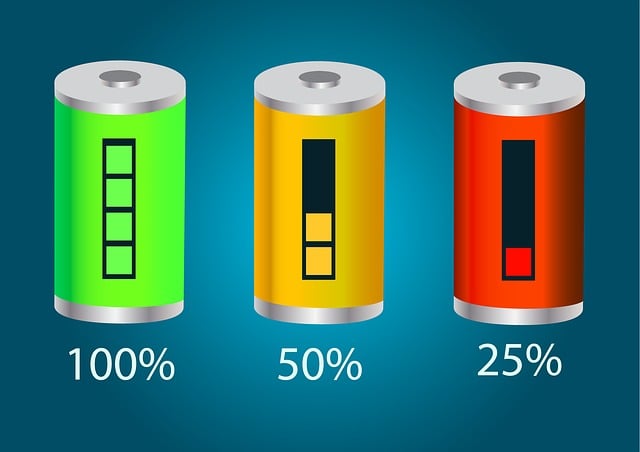Understanding Oregon's stringent drug laws is crucial for effective drug case tactics. Legal professionals scrutinize evidence, challenge procedures, and navigate complex charge classifications. Defendants should examine evidence, contest search warrants, and consult local attorneys for guidance. Knowledge of potential outcomes empowers informed decisions, aiming for favorable results in drug cases across Oregon. Drug case tactics Oregon focus on protecting rights and mitigating charges through strategic defense strategies.
Oregon’s stringent drug laws can lead to severe consequences for those facing drug charges. If you’re navigating a drug case in Oregon, understanding your rights and available defense strategies is crucial. This comprehensive guide explores effective drug case tactics, from deciphering Oregon’s drug laws and penalties to building a robust defense, gathering compelling evidence, and navigating the court process. Discover how to challenge the state’s case and potentially achieve favorable outcomes.
- Understanding Oregon's Drug Laws and Penalties
- Building a Defense Strategy: Legal Options and Tactics
- Gathering Evidence and Challenging the Case
- Navigating the Court Process and Potential Outcomes
Understanding Oregon's Drug Laws and Penalties

Understanding Oregon’s Drug Laws and Penalties is a crucial first step in any drug case tactics Oregon strategy. The state has strict regulations regarding controlled substances, with penalties that vary greatly depending on the type of drug involved, the amount possessed, and prior convictions. For instance, possession of small amounts of marijuana may result in a fine and no jail time, while more severe offenses like distribution or dealing can lead to lengthy prison sentences and significant fines.
Knowing these laws is essential for building a defense. Legal experts in Oregon suggest understanding not just the letter of the law but also how judges interpret and apply these rules. Drug case tactics Oregon should include gathering evidence that challenges the state’s case, such as questioning the legality of searches or seizures, examining the accuracy of lab tests, and presenting character witnesses to mitigate the defendant’s actions.
Building a Defense Strategy: Legal Options and Tactics

When building a defense strategy for a drug case in Oregon, it’s crucial to explore various legal options and employ effective tactics. One key tactic is challenging the evidence presented by prosecutors. This includes examining the methods used during the arrest, search, and seizure of drugs or other evidence to ensure they comply with constitutional rights and procedures. For instance, if police failed to obtain a warrant or conducted an illegal search, this could lead to the exclusion of evidence in court.
Additionally, understanding the specific drug charges and their potential penalties is essential. Oregon has different classifications for drugs, each carrying varying degrees of punishment. Legal counsel can help navigate these complexities by arguing that the accused’s actions did not meet the required elements for the charged offense or exploring alternatives such as diversion programs or reduced sentences based on mitigating circumstances. Effective communication with a lawyer allows for a tailored defense strategy in a drug case.
Gathering Evidence and Challenging the Case

In Oregon, gathering evidence and challenging the case are key drug case tactics for any defendant. The first step involves meticulously examining all evidence collected by law enforcement. This includes physical evidence, surveillance footage, and statements from witnesses or informants. Legal professionals can request detailed accounts of the incident, questioning the integrity and admissibility of such evidence.
Challenging the process is another crucial aspect. Defendants can question the method of collection, arguing that it violated their constitutional rights. This might include contests over search warrants, illegal stops, or improper questioning techniques. By scrutinizing every step of the prosecution’s case, Oregon residents accused of drug offenses have a chance to build a robust defense and potentially secure a favorable outcome.
Navigating the Court Process and Potential Outcomes

Navigating the court process in a drug case can seem daunting, but understanding the potential outcomes is a powerful tactic for anyone in Oregon facing such charges. The first step is to familiarize yourself with the legal system and the specific laws related to drug offenses. Each county in Oregon may have slight variations in procedures, so it’s crucial to consult with a local attorney who specializes in drug case tactics. They can guide you through pre-trial hearings, where you’ll learn about the evidence against you and make critical decisions regarding your defense strategy.
During this process, you might consider several potential outcomes. Plea bargains are common, offering a chance to negotiate a reduced sentence or charges in exchange for pleading guilty. However, if you choose to go to trial, the outcome could result in acquittal, dismissal of charges, or conviction with varying degrees of sentencing depending on the circumstances and evidence presented. Knowing these possibilities equips you to make informed decisions, ensuring the best possible outcome in your drug case.






